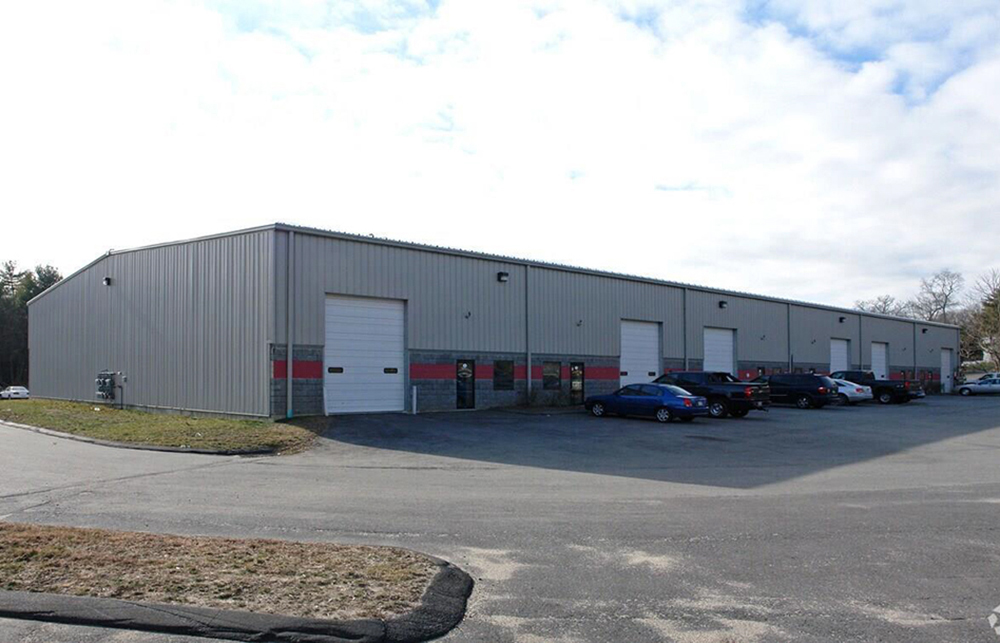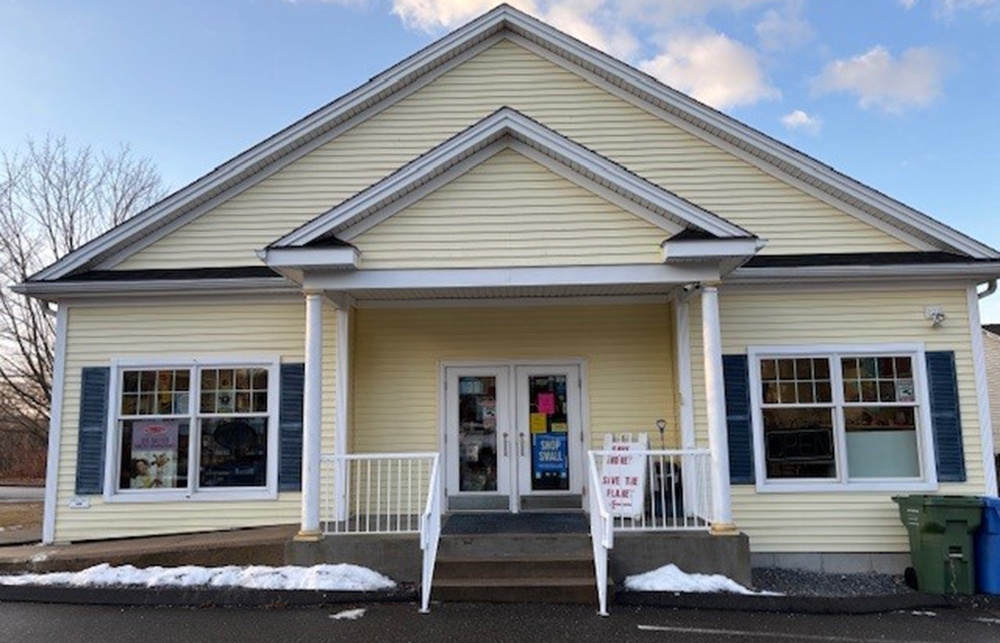Placemaking and retail in 2024 - by Carol Todreas

Placemaking. That is the word for 2024. While the concept has historical precedence in urban development, it became part of our current culture in the 1960’s when urbanists started to think about cities for people, not just cars. Since then and particularly now with the abundance of retail on the internet, physical stores alone have lost much of their previous appeal.
Enter Placemaking: more than one store, more than a shopping center and mall, Placemaking has emerged as a destination, a physical setting created to bring people back to stores.
What does Placemaking mean?
Placemaking is the term to describe a place where people come to be part of a community. It is a place where people can gather together for mutual enjoyment. It has most often referred to public spaces in cities and towns, such as parks and squares with a non-commercial attraction but increasingly developers, city planners and architects are using Placemaking to revitalize older districts or to create new retail developments.
An example of local Placemaking.
One example of Placemaking in the Boston area is the Bow Market in Somerville. Developed by two Somerville residents, it is the redevelopment of an old building into a local market with small independent vendors from a local brewery to pop-up retailers:
Bow Market is two floors of small shops around an active and inviting courtyard with seats, tables and fire pits.
Everything about the courtyard is inviting from the lamppost lighting to the fires in the pits to the ring of small shops. Bow Market is a place to go to be outside or in with a unique feel. Part of attraction is the one -of -a kind- merchants who come from the region; the other is the active outdoor courtyard where people can gather and sit or stand around a fire pit in an intimate and interesting physical space.
The tenant mix includes small eateries, a brewery, and usually a pop-up kitchen or store, but some tenants are on short leases so the mix is always changing enough for frequent visitors to always find something new. Also most of the spaces are under 1,000 s/f with flexible leases. Many small spaces next to each other are like an old world market, making the experience very different from a conventional mall or strip shopping center.
The opportunity.
Shoppers want a community place where they can congregate and not necessarily have to make a purchase. Since the pandemic and the lifestyle changes that accompanied it consuming for recreation has lost favor. Going to a place that features activities other than just shopping is in favor. Places with outdoor green space, recreation for children, outdoor activities along with shops and restaurants, ice cream, bakeries, beer, wine, and coffee shops are attractions that shoppers of all demographics are craving.
Transforming a strip center or a neighborhood commercial district into a place for people is the same as it is for any retail real estate. The basics to do so are still what they were before the pandemic:
• Neighborhood survey to determine market wants/needs
• Commercial district assessment as to walking, biking ease; public transportation/parking access; green space and public amenities; competitive potential within the region
• A mixed-use/retail plan for part or all of the zoned commercial area to include shops, restaurants, cafes, and other entertainment venues
• An outdoor design for landscaping open space, and community spaces, considering outdoor recreation, such as skating rink, yoga class space, pickle ball courts, ping pong, board games, and other recreational activities
• A recruitment plan to attract new retailers
• Developer, local government, and residents working together to fund and execute the projects.
Placemaking is really going back in time to squares and town centers where the car was not dominant. New England was dotted with such places. We are not starting from scratch. Some will be well worthy of transformation and these are the opportunities.
Carol Todreas is retail consultant for Todreas Hanley Associates, Cambridge, Mass.
RapDev leases 17,587 s/f at 501 Boylston St. - lease brokered by JLL


End of the year retail thoughts - by Carol Todreas

Newbury Street: Boston’s timeless retail gem thrives in a modern era - by Joseph Aquino
Boston’s iconic Newbury St. continues to thrive as one of the most vibrant and compelling retail corridors in the United States. Nestled in the heart of the Back Bay, this historic St. has evolved into a powerhouse of high-St. retail, where luxury meets lifestyle and legacy brands coexist with up-and-coming names. With its European charm, diverse architecture, and unmatched foot traffic, Newbury St. remains a dynamic reflection of Boston’s energy, culture, and economic strength.

Placemaking and retail in 2024 - by Carol Todreas
Placemaking. That is the word for 2024. While the concept has historical precedence in urban development, it became part of our current culture in the 1960’s when urbanists started to think about cities for people, not just cars.

Retail / tariffs / uncertainty and (still) opportunity - Carol Todreas
As new tariffs continue to impact the global economy, retail businesses and investors are grappling with heightened uncertainty. From new high tariffs to supply chain issues to evolving consumer behaviors, continual changes are making it as or more challenging than the pandemic years. Yet, amidst this turbulence,









.png)
